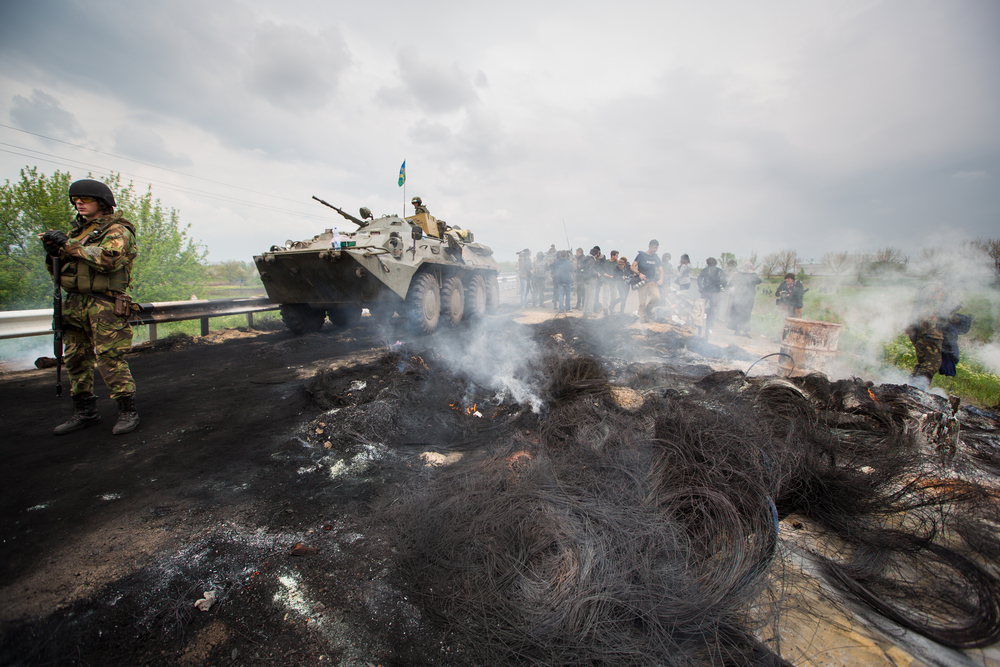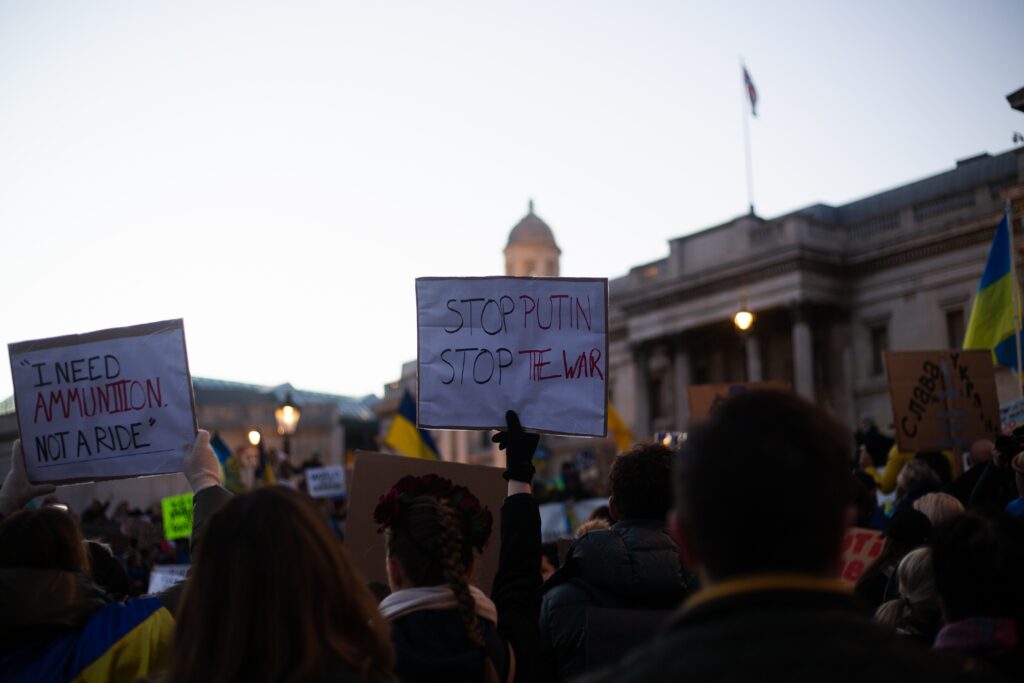Thu, Jun 2nd 2022
For the second time in a month, Switzerland has refused to produce war materials which other European countries have ordered – citing that if the material is used to fight in the Russo-Ukrainian war, Switzerland will have violated its own neutrality clause.

Ukraine says its needs tanks to protect its Donbas region from Russian forces.
Danish government officials announced this week that Switzerland’s State Secretariat for Economic Affairs (SECO) vetoed its request to send Swiss-made armored vehicles that would be used in Ukraine. SECO, which manages the country’s arm exports, vetoed the order saying that supplying arms to conflict zones is a breach of the country’s famous neutrality. The policy requires countries that buy Swiss-made arms, like the 20 “Piranha tanks” Denmark had ordered, to first gain permission to export them.
Switzerland’s complicated history with neutrality
No arms to warring states
In May, Germany’s Chancellor Olaf Scholz announced that Germany could not deliver the badly needed Marder grenadier tanks to Ukraine as expected because Switzerland recently backed out of filling an order to produce ammunition which goes in the tanks.
Exporting ammunition to even a middleman and then onto “countries involved in intensive and long-lasting internal or international conflicts” violates the country’s War Materials Act, says Switzerland’s economics minister.
“I cannot understand why we are not supplying weapons to an aspiring democracy in Europe that has to defend itself on its territory, while we are doing this to countries that don’t share our values in any way over and over again,” parliamentarian Beat Flach from the Green party said last month.
“I want to allow arms exports if a democracy has to defend itself on its own territory,” Flach said. He, along with other members of his party, are asking the Federal Council to redefine the War Materials Act and consider a “radical reinterpretation of neutrality” in the wake of Ukraine’s plea for more weapons to protect the Donbas region. So far, reactions have been mixed.

While most of the Swiss population supports adhering to current neutrality, a majority also supports ending the war in Ukraine.
Division among Swiss politicians
A few members of Switzerland’s Green National Party, including Council President Irène Kälin, traveled to Kyiv last month and met with Ukrainian President Volodymyr Zelensky. Although the guise of the visit was to discuss financial and humanitarian aid, the move was an unprecedented one for any Swiss politician.
Will Switzerland ever join NATO?
“I have pointed out during every statement in Ukraine that Switzerland cannot and will not supply weapons,” Kälin told Swiss media right after her visit to Kyiv, adding more recently that she is “quite open” to a debate about changing that law.
The leader of the Green party in parliament, Tiana Moser, said this week that it was less about direct arms exports than having weapons passed on “to a country that is defending itself against an aggressor.”
The right-wing Swiss People’s Party condemned the visit, calling for Switzerland to further strengthen its claim to be neutral in times of war. Moreover, conservative Swiss politicians say re-defining any part of Switzerland’s long-held neutrality is opening the door to leave that neutrality behind.
This article may be freely shared and re-printed, provided that it prominently links back to the original article.
